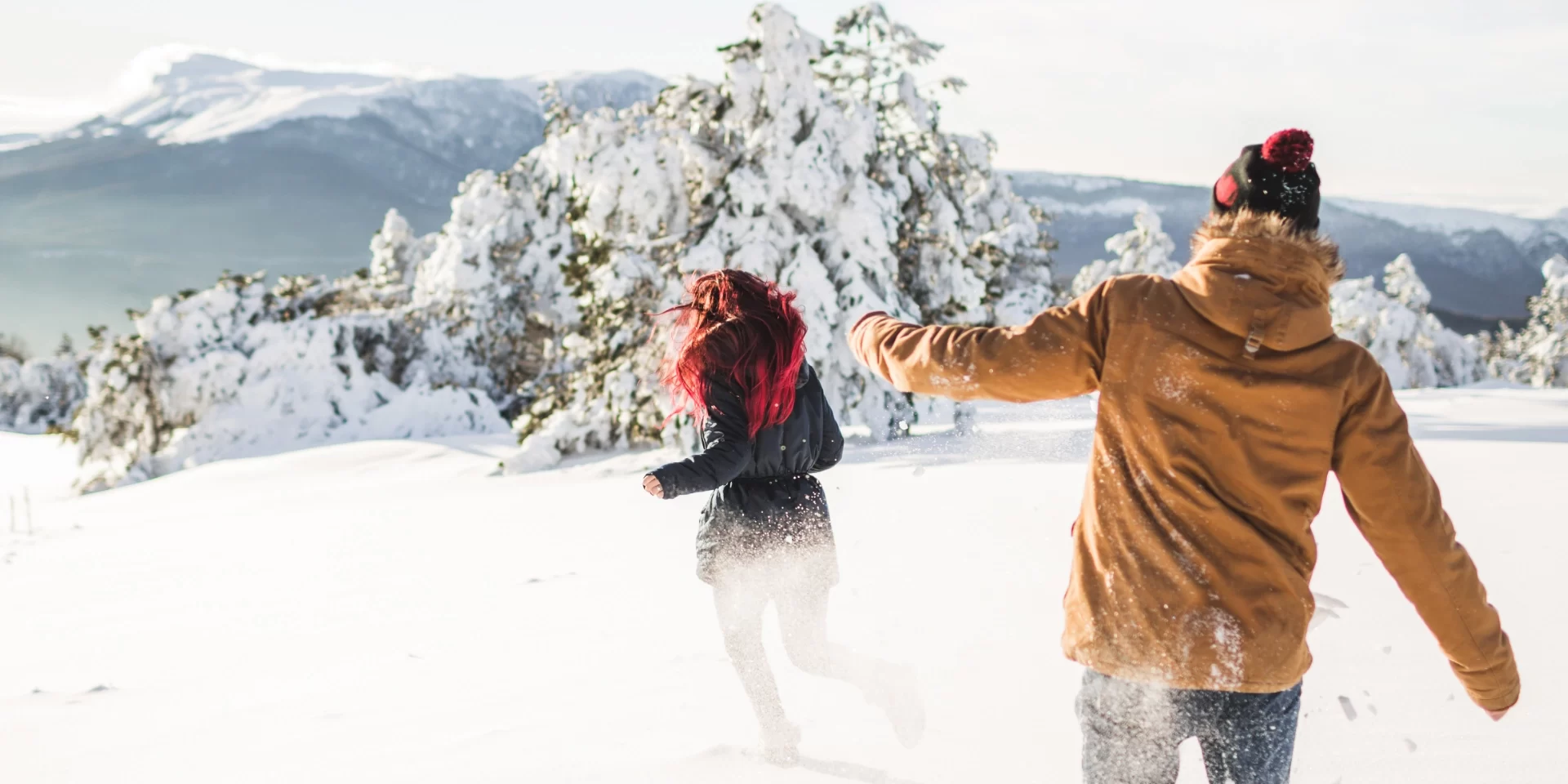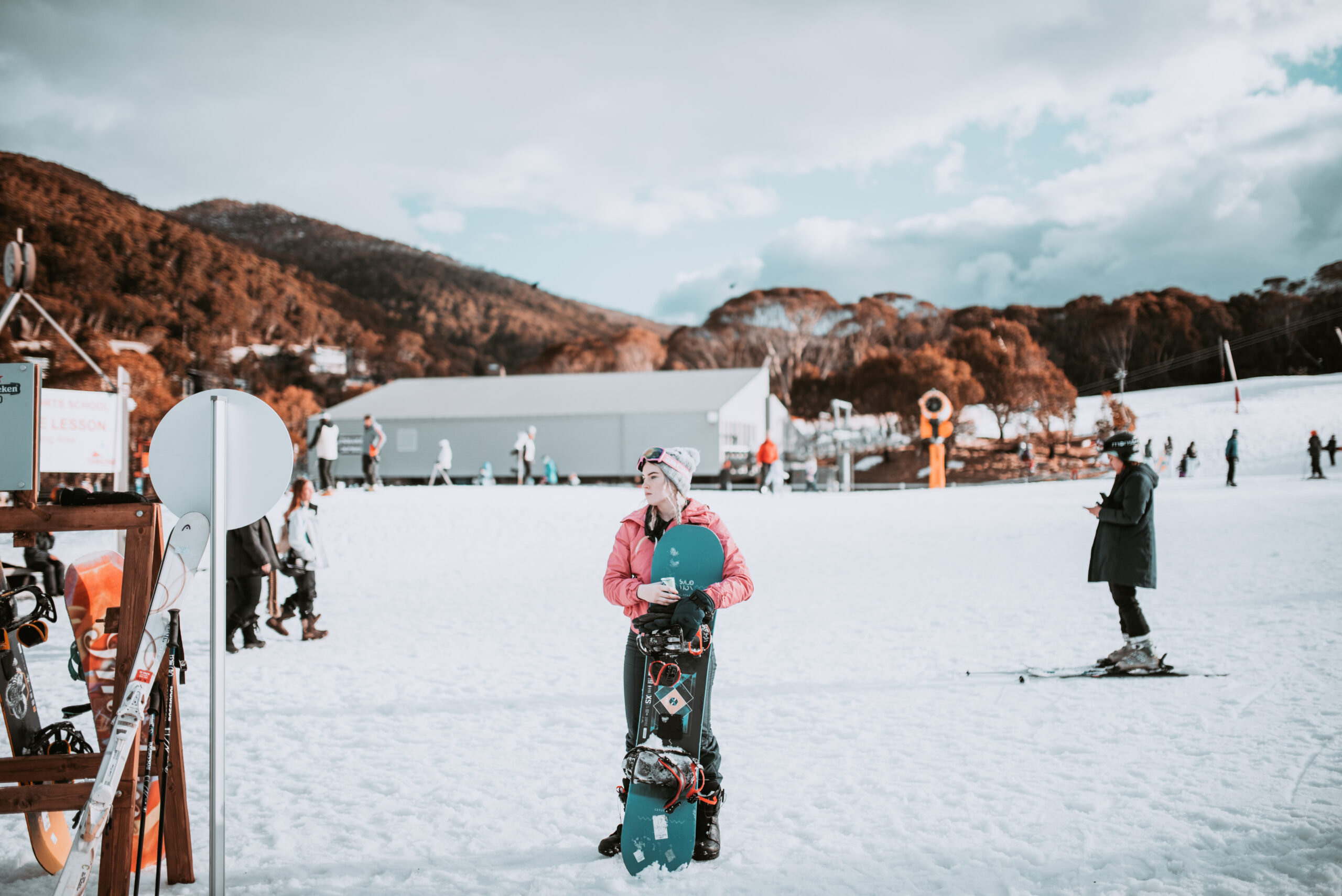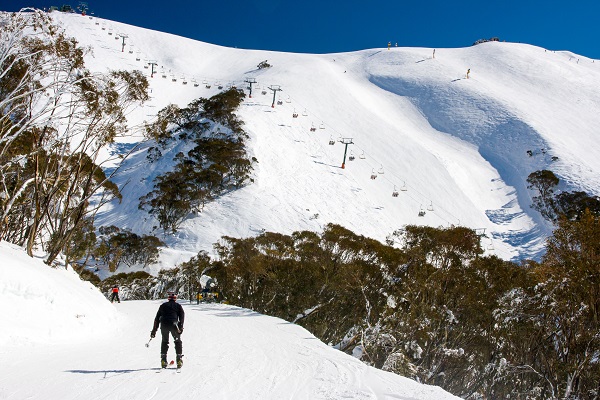The Various Kinds of Snow in Australia and Their Influence On Winter Sports
Australia, known for its sun-soaked beaches, is also home to a diverse array of snow conditions that significantly affect winter months sports. Each kind, from the wet seaside snow to the completely dry interior powder, presents special difficulties and benefits for athletes. An understanding of these variations is crucial for those looking for to browse the Australian slopes, as each needs various techniques and strength. The complying with exploration will certainly review the implications of these snow types on winter months sporting activities performance.

Understanding the Features of Various Snow Types
While numerous presume that snow is an uniform entity, it is crucial to comprehend that there are various kinds, each with one-of-a-kind features. In Australia, these variations are particularly noticable because of climatic variety. Coastal snow, found in areas such as the Snowy Hills, is generally wetter and denser because of high dampness web content, making it ideal for snowball battles or constructing snowmen. On the other hand, the snow located in the interior regions like the Australian Alps is drier and lighter, commonly compared to a cosy powder. These differences in snow type aren't merely aesthetic; they considerably effect winter season sporting activities, dictating the ease of activity, the speed attainable, and the level of control needed from athletes.
The Influences of Powder Snow on Snowboarding and Snowboarding
In spite of its light and cosy look, powder snow in the Australian Alps provides both special difficulties and opportunities for wintertime sporting activities fanatics, particularly those engaged in winter sports and snowboarding. The loose, dry nature of powder snow can at first be difficult to browse for newbies, needing careful balance and control. However, for even more skilled experts, the soft, untracked snow uses an electrifying experience, enabling dynamic and active movement. The smooth and flexible surface of powder snow also reduces threat of injury during drops, making it a favored selection for severe winter season sports. It's worth noting, the varying deepness and unforeseeable nature of powder can sometimes lead to surprise challenges, calling for continuous watchfulness.

The Obstacles and Benefits of Packed Snow in Wintertime Sports
Moving emphasis from the loose, dry powder snow, another widespread kind of snow in click over here the Australian Alps is stuffed snow, posing its own collection of challenges and advantages in the realm of winter months sporting activities. Browsing turns and managing speed can be tough on jam-packed snow, needing greater skill levels from athletes. Despite these obstacles, packed snow remains an essential aspect in many winter sporting activities, forming the efficiency and methods of professional athletes.
The Duty of Damp Snow in Australian Winter Gamings
In contrast to the thick, slick surface of packed snow, wet snow plays a totally various function in Australian winter months games. Does Australia Get Snow. Its malleability makes it suitable for snow sculpting occasions and for fortifying snow frameworks in sporting activities like snow ft battles.

Exactly How Slushy Snow Impacts Winter Season Sports Performance
Continuing the exploration of varying snow problems in Australia, the impact of slushy snow on winter sporting activities is one more interesting aspect. Slushy snow, arising from warmer temperatures or straight sunshine, positions one-of-a-kind challenges to athletes. It minimizes rate and needs enhanced exertion as the equipment penetrates the soft, water-saturated snow. In snowboarding and snowboarding, slushy problems can influence the predictability of jumps and turns, enhancing the danger of crashes. For snowmobiling, the machine's efficiency may be impeded as it struggles to preserve traction. Therefore, slushy snow transforms the winter sporting activities landscape, demanding not only heightened physical exertion from athletes but likewise a greater focus on safety and security precautions. go to website
Adapting Winter Season Sports Techniques to Different Snow Conditions

Final Thought
In conclusion, Australia's diverse snow types dramatically affect winter months sports efficiency. Each type, from the glossy coastal snow to the drier indoor powder and look at this web-site the hefty, sticky damp snow, provides distinct challenges and benefits. Hence, professional athletes have to adjust their techniques to navigate these varying conditions successfully. The snow's developmental function underscores the value of comprehending its attributes to maximize performance and security in Australia's winter season sporting activities landscape.
Shifting emphasis from the loose, completely dry powder snow, an additional common type of snow in the Australian Alps is packed snow, posturing its very own collection of obstacles and benefits in the world of winter season sporting activities - Does Australia Get Snow.In contrast to the thick, slick surface of packed snow, wet snow plays a totally different role in Australian winter season games. Its malleability makes it perfect for snow sculpting occasions and for strengthening snow frameworks in sporting activities like snow ft battles.Continuing the exploration of differing snow conditions in Australia, the effect of slushy snow on winter season sports is one more intriguing factor. Each type, from the slick seaside snow to the drier indoor powder and the hefty, sticky wet snow, presents distinct challenges and benefits
Comments on “Explore the History Behind Snow In Australia and Its Mountainous Areas”